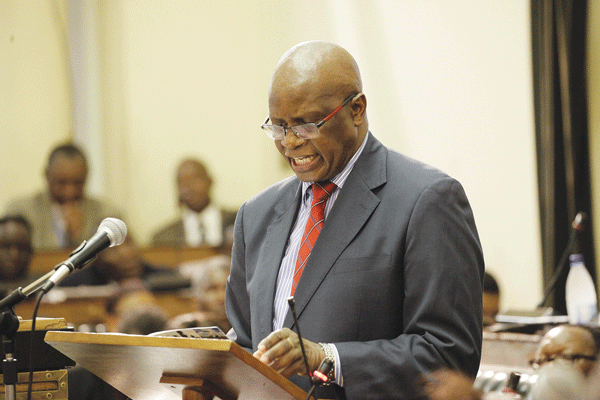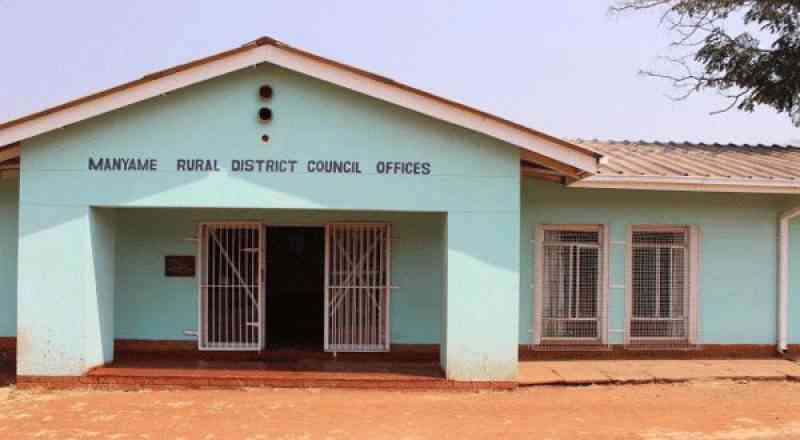
Finance and Economic Development minister Patrick Chinamasa has said banks have no reason not to lend to the private sector after the acquisition of bad debts from their balance sheets.
BY FIDELITY MHLANGA

Chinamasa yesterday told delegates at the command agriculture workshop that the absorption of bad debts by the Zimbabwe Asset Management Company (Zamco) should increase the bank’s appetite to lend.
Zamco is a special purpose vehicle created by the central bank to buy bad loans from banks for them to be able to lend again.
“I must say banks have no excuse not to lend to farmers and the private sector. We have taken nearly $1 billion of their bad debts from their balance sheet. We have cleaned their balance sheet in order to whet their appetite for more lending to the productive sector including agriculture,” Chinamasa said.
“Those bad debts are now to government through a company that we formed. So, they have no reason not to lend to the productive sector including agriculture.”
The Reserve Bank of Zimbabwe set up Zamco in 2014. The special purpose vehicle has bought bad loans amounting to $836 million as at April.
Before the establishment of Zamco, banks had cut back on lending after the default rate surged to 20,45% in 2014.
- Chamisa under fire over US$120K donation
- Mavhunga puts DeMbare into Chibuku quarterfinals
- Pension funds bet on Cabora Bassa oilfields
- Councils defy govt fire tender directive
Keep Reading
Banks’ lending has been skewed towards personal loans with 28,7 % of the $3,69 billion loaned by banks in 2016 went to individuals.
Agriculture got (16,7%), distribution (15,3%), services (14,95 %) and manufacturing sector got 10,4%.
The mining sector received 4,5% of the total loans, construction sector (3,5%), financial firms (2,11%) and communication 1,5%.
Chinamasa said government was willing to offer fiscal incentives to companies expending resources on research and development as this would increase price competitiveness.
“We are saying if you feel that there are no fiscal incentives we are not offering please tell us,” he said.
The Treasury boss said the financial sector reforms introduced in 2013 had helped stabilise the financial system, adding the banking sector should develop innovative agricultural financing models.
Chinamasa said the cost of finance was pushing farmers in loss positions and implored banks to create windows geared to serve the interests of a larger number of small scale farmers.
He said there was need to address the cost of production such as electricity and water to boast the industry.
“The cost of production is something we now need to address whether we are talking about water, electricity unless we reduce our cost of production we cannot be competitive. So the production cost structure should be sustainable,” Chinamasa said.











